
Muslim Wedding Rituals
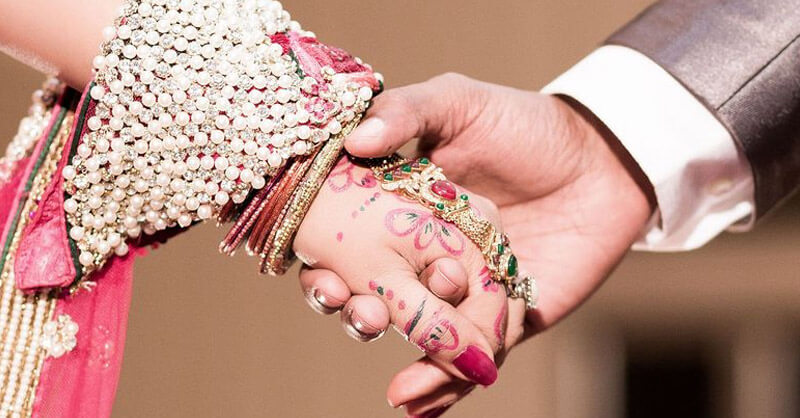
In Muslim Culture weddings are known as Nikah. The Muslim bride and groom are supposed to perform various wedding rituals pre and post marriage.
Ishtikhara Ritual: This is the first and most important ritual in Muslim culture in which religious head of Muslim community come together to pray to Allah and seeks his consent before starting other wedding ceremonies; then mother of groom visits bride’s house for tying gold/silver coin on the upper hand of bride as a religious custom.
Mangani Ceremony: The tradition to exchange rings is known as Mangani or engagement. This ceremony is usually conducted at bride’s place where the family members from both the families are present.
Manjha Ceremony: In this ceremony bride is supposed to wear the yellow clothes; then family members and other relatives apply the paste of turmeric on her face and body with a belief that this will enhance the beauty of bride . After this ceremony the bride is not supposed to leave her house till the wedding day.
Mehendi Ritual: All the females of the families participate and apply henna on their hands as a ritual and the Mehendi artist applies the henna design on the bride’s hand and feet. There is an ancient belief that darker the color of henna and the more lovable mother in law bride will have.
Sanchaq Ritual: The groom’s family sends wedding attire and ornaments for bride which she is supposed to wear on the wedding day.
Reception of Baraat: In this ritual of the Muslim wedding, the bride’s family welcomes the Baraat. The groom and other family members and relatives who are in procession of the Baraat are welcomed by the male members of the bride family then there is a tradition in which groom shares the sherbet with the brothers of Bride.
Nikah Ceremony: This is the most sacred wedding ceremony which is conducted in the presence of Maulvi and close family members of both the sides. As a tradition both bride and groom sits separately. The bride is given a pre decided amount of cash which is known as Mehr from groom’s and Maulvi asks the bride whether she is willing to marry the groom over the amount of Mehr. The same question is repeated three time and if bride agrees the same question is asked to the groom and both bride and groom gives their consent for wedding by saying ‘‘Qubul Hai”. This ceremony is popularly known as Ijab-e-Qubul and the Nikah ceremony is sanctioned by the Quazi.
The newlywed then takes the blessing from elder members of family and the celebration is followed by a grand dinner. Delicious cuisine is the specialty of Muslim wedding; they serve wide variety of traditional mughlai food. The men and women, usually sits separately for dinner. The bride and groom are then offered to sit together for the first time for reading the prayers. The couple is only allowed to look at each other through a mirror and then takes the blessing from bride’s family before the bride leaves for groom’s place. Bride’s family presents a copy of Quran as a religious symbol.
Like other weddings, Muslim weddings are unique in their own way.
Search Life Partner
with BhagyaVivah Matrimony
The Next Generation's Choice of Matchmaking
Related Articles
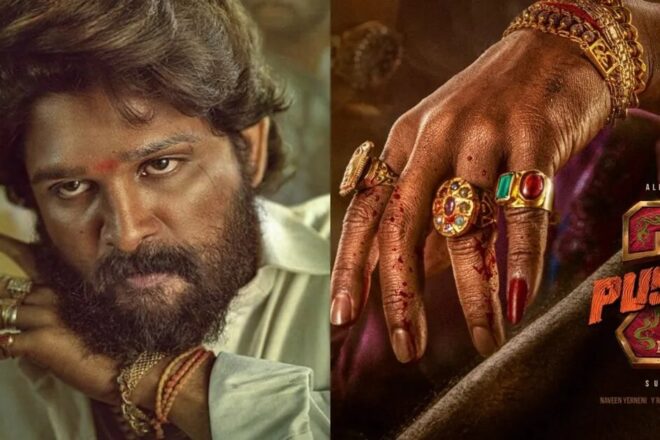
Telugu Matrimony | New update on ‘Pushpa 2′ movie, will bring smiles on fans’ faces
Thillai Matrimony | People are eagerly waiting for Allu Arjun’s film Pushpa 2: The Rule. The film was earlier scheduled to be released on August 15, but due to incomplete shooting, it was decided to release it on the big screen on December 6. Recently, various types of things were coming out on social media […]
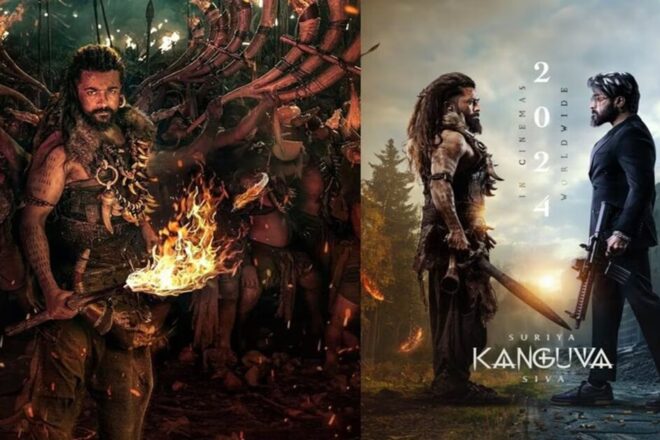
Thillai Matrimony | Big update on Suriya’s ‘Kanguva’, will be released this month!
Thillai Matrimony | Actor Suriya’s new film ‘Kanguva‘ is eagerly awaited by the audience. Since watching the teaser of the film, there has been an atmosphere of curiosity about the film among the audience. A different avatar of superstar Suriya was seen in the teaser. Until ‘Kanguva’ is released, new updates will continue to come […]
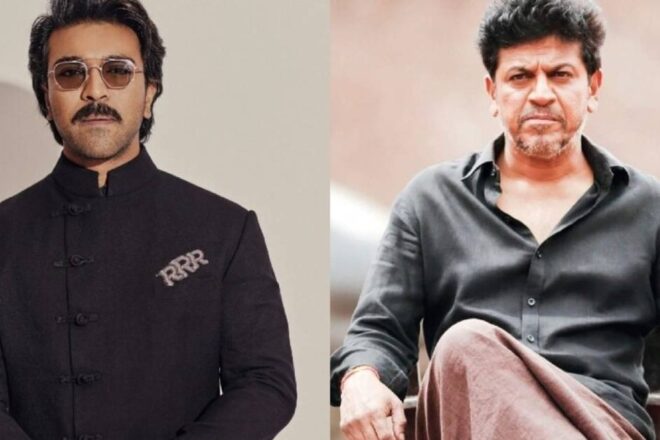
Kannada Matrimony | Kannada superstar to star in Ram Charan’s ‘RC16’
Thillai Matrimony | RC16 is one of the most awaited films of this year, with Ram Charan and Janhvi Kapoor in lead roles. The audience is eagerly waiting for the smallest information related to the film. Ram Charan and director Buchi Babu have joined hands again after Uppena for this film. His first film proved […]
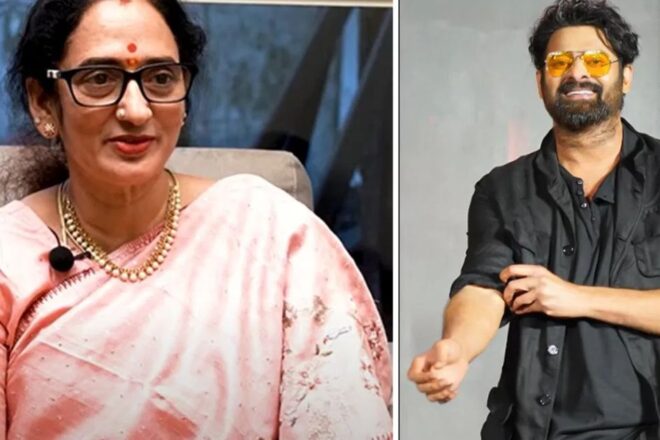
Prabhas Movies | Is Prabhas going to get married after the success of ‘Kalki 2898 AD’?
Telugu Matrimony | Prabhas is one of the biggest stars in the Telugu industry. Apart from films, he often comes into the headlines due to his personal life. The actor is currently basking in the success of his film Kalki 2898 AD. Meanwhile, recently the discussion of their marriage intensified from once. Amidst the ongoing […]
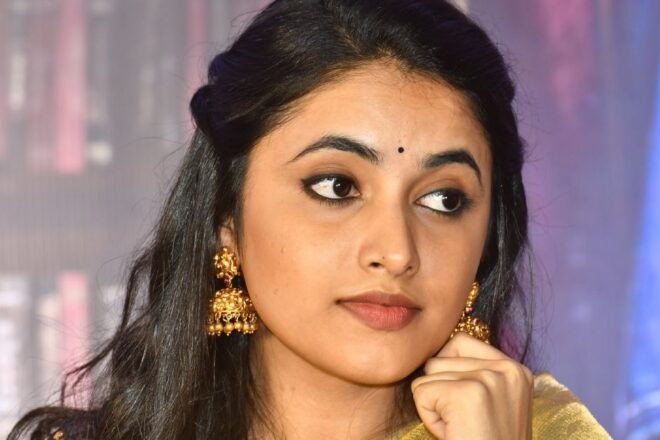
Priyanka Mohan | Priyanka Mohan starts dubbing for ‘Saripodha Sanivaram’, role of a police officer
Tamil Matrimony | Actor Nani is constantly giving hits. He is now in discussion about his next film ‘Saripodha Sanivaram’. Actress Priyanka Mohan will also be seen in the lead role in this film. Recently, the makers shared Priyanka’s look from the film and now another update related to her has surfaced. According to media […]
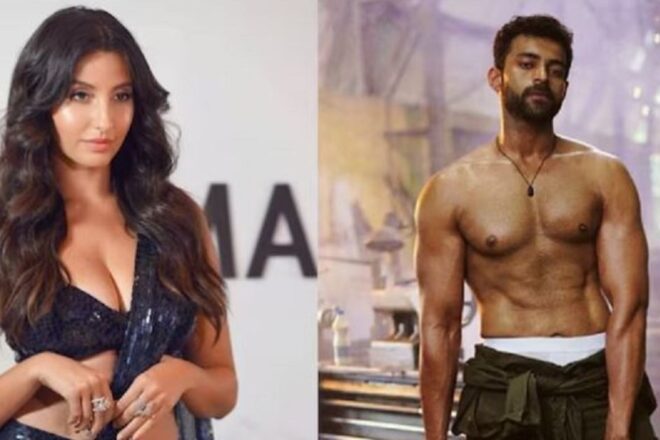
Telugu Matrimony | Nora Fatehi joins Varun Tej in Hyderabad for big budget film Matka
Thillai Matrimony | Global sensation Nora Fatehi is all set to make her mark as the lead actress in the Telugu film industry. Nora Fatehi is playing a pivotal role in the upcoming big budget Telugu film ‘Matka’. Starring alongside Varun Tej and Meenakshi Chaudhary, his debut in the industry as an actor is surely […]

Telugu Matrimony | Kalki 2898 AD will soon knock on OTT, where to watch the film
Thillai Matrimony | The film ‘Kalki 2898 AD‘ has created a stir with its earnings worldwide. Since its release, the film has been earning bumper at the box-office. Released in six languages including Hindi, Telugu, the film is getting a lot of love from fans. Kalki 2898 AD to be released on OTT Meanwhile, a […]

Pushpa 2 | Pushpa 2 Release Postponed, Allu Arjun’s Team Member Confirms
Telugu Matrimony | South film industry superstar Allu Arjun’s film ‘Pushpa 2‘ is one of the much-awaited films of the year 2024. Fans of this film are eagerly waiting. Allu Arjun’s film was scheduled to be released on August 15. The clash of this film was going to be with many films. After this, the […]
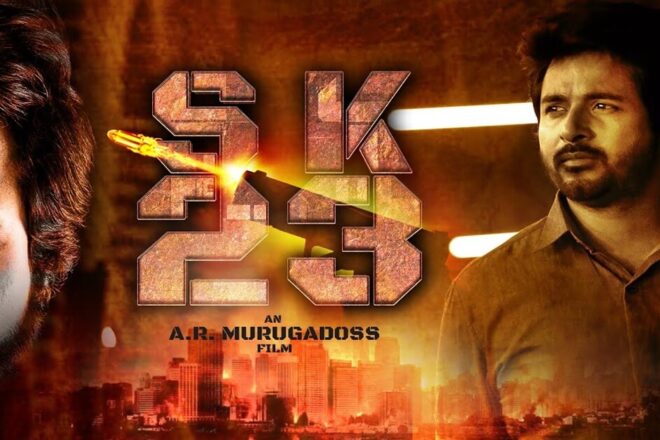
Christian Matrimony | Vikrant becomes part of AR Murugadoss’s film, new updates on ‘SK 23’ movie
Chavara Matrimony | After Vidyut Jammwal, another actor has joined the cast of Sivakarthikeyan and AR Murugadoss’s upcoming film ‘SK 23’. The makers of the film took to their official social media handles to welcome Tamil actor Vikrant. Along with the announcement, the makers also shared an interesting and stylish poster of the actor from […]

Thillai Matrimony | Tamil superstar Suriya’s upcoming movie Kanguva is in constant news
Thillai Matrimony | Tamil superstar Suriya starrer film ‘Kanguva’ has created a huge buzz. Every information related to this film starring Suriya and Bobby Deol starts going viral in minutes. The makers of this film starring Surya and Bobby Deol are also keeping this enthusiasm of the fans. Recently, on the day of Tamil New […]
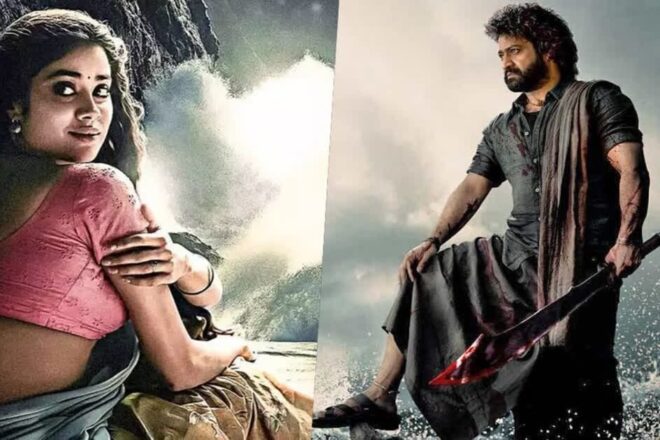
Telugu Matrimony | Telugu superstar Jr NTR and Janhvi Kapoor’s upcoming movie Devara
Telugu Matrimony | Telugu superstar Jr NTR and Janhvi Kapoor starrer director Koratala Siva’s upcoming movie is currently a craze among the audience. The film is directed by Koratala Siva. This is a pan India release film of superstar Junior NTR and Janhvi Kapoor. Which the makers have made on a grand scale. Makers are […]
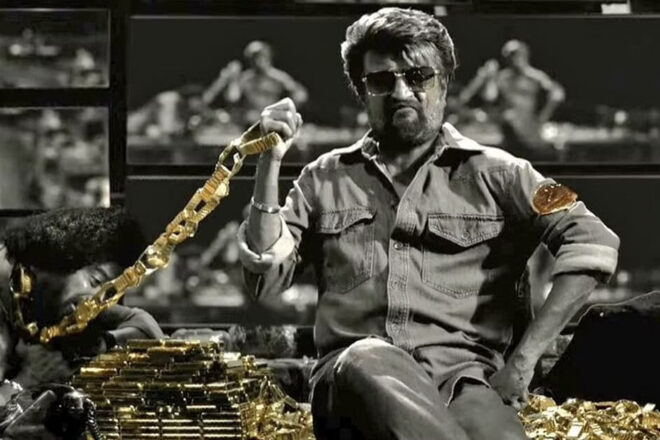
Tamil Matrimony | Rajinikanth’s ‘Thalaivar 171’ to be titled ‘Coolie’, Teaser released
Tamil Matrimony | Fans eagerly wait for Rajinikanth’s films, who rule the hearts of people with their best performances from South to Bollywood. Rajinikanth’s film ‘Thalaivar 171’ has been in the news ever since it was announced. Now the title of Rajinikanth’s film ‘Thalaivar 171’ has been announced and it will be known as ‘Coolie‘. […]
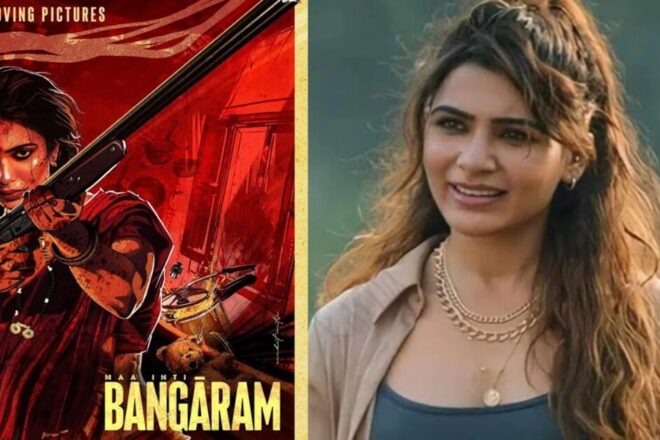
Tamil Matrimony | Samantha Ruth Prabhu’s upcoming movie ‘Bangaram’ first look, Poster revealed
Tamil Matrimony | South film actress Samantha Ruth Prabhu is celebrating her 37th birthday. On the special occasion of the actress’s birthday, her upcoming movie ‘Bangaram’ has been announced. The actress has created a stir in the industry by releasing the tremendous first look poster of her upcoming film ‘Bangaram’ on Instagram. | Thillai Matrimony […]
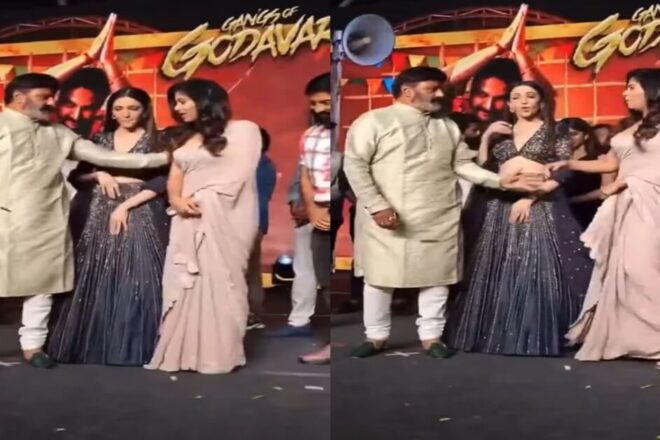
Kerala Matrimony | South’s superstar pushed the actress on stage, people got angry
Kerala Matrimony | A video of South film industry’s famous actor Nandamuri Balakrishna is becoming increasingly viral on social media, due to which Telugu superstar has come under the target of trolls. Actually, Nandamuri Balakrishna recently attended the pre-release event of the film ‘Gangs of Godavari‘. Starring Vishwak Sen, Nora Fatehi, Anjali and Neha Shetty, […]
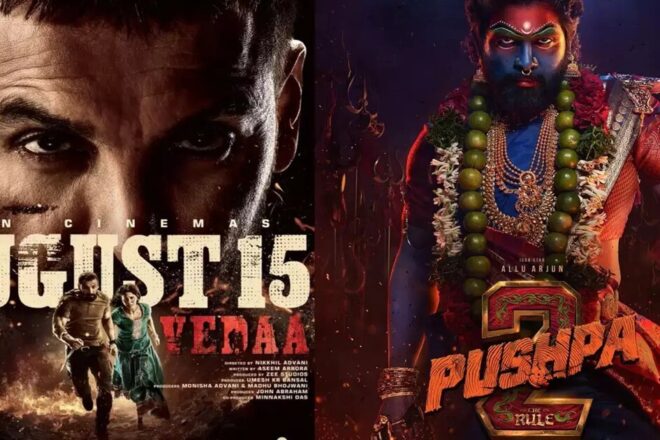
Telugu Matrimony | August 15! Allu Arjun and John Abraham to clash on box office, Pushpa 2 Vs Veda Movie
Telugu Matrimony | South superstar Allu Arjun’s film ‘Pushpa’ was released in the year 2021. This film broke all records of earnings. The audience is eagerly waiting for the sequel of this film. At the same time, the wait for the fans is finally going to end. Allu Arjun, Rashmika Mandanna and Fahadh Fazil starrer […]

